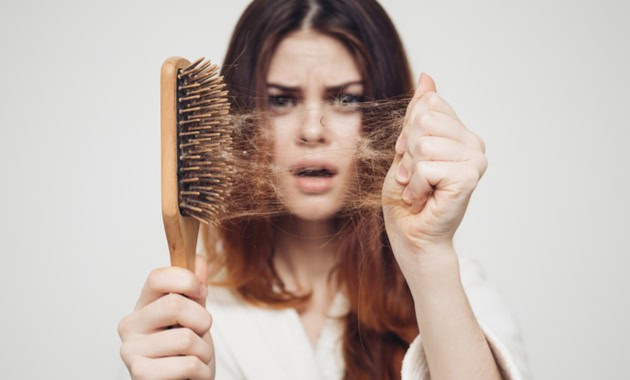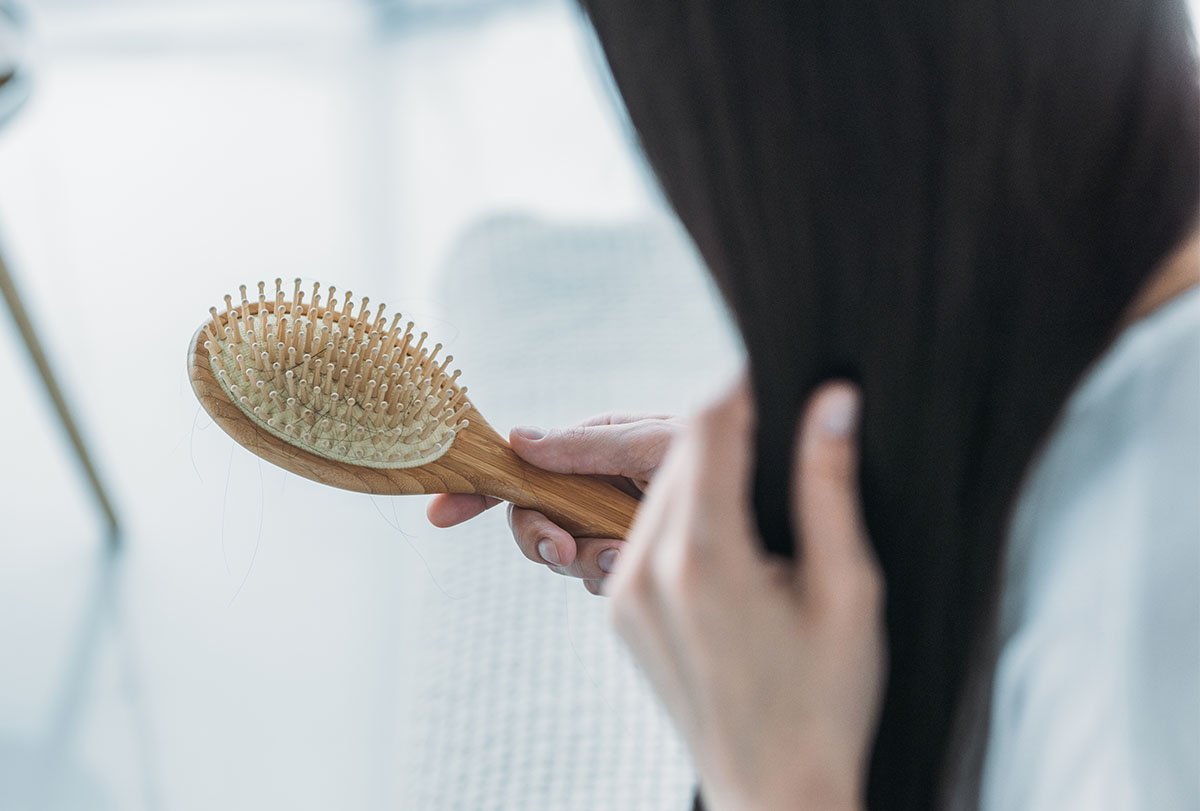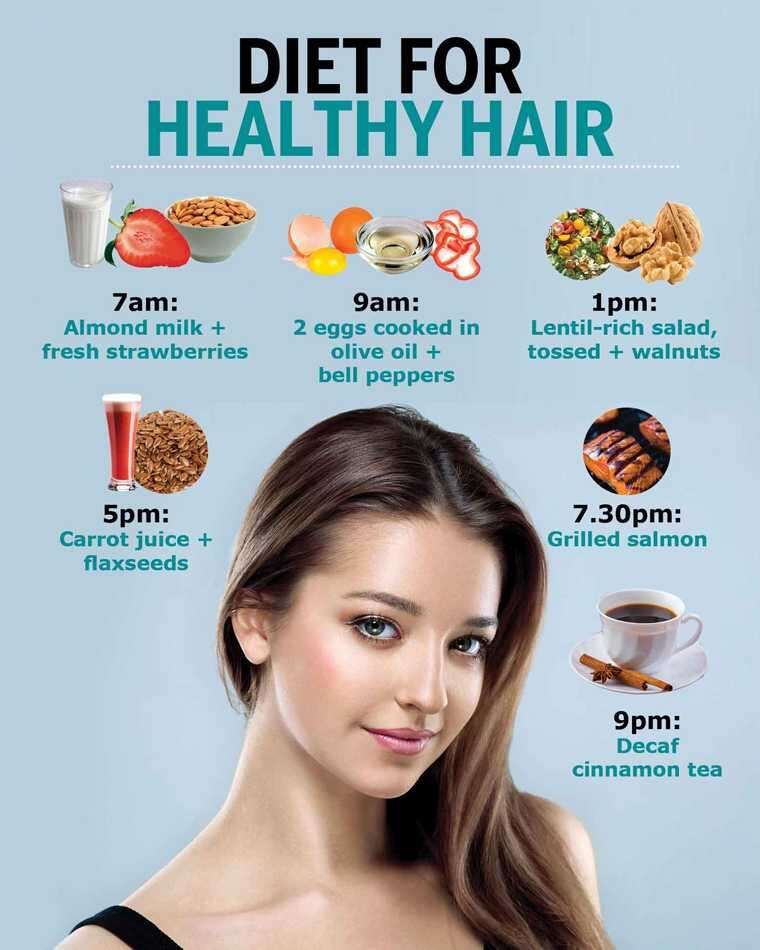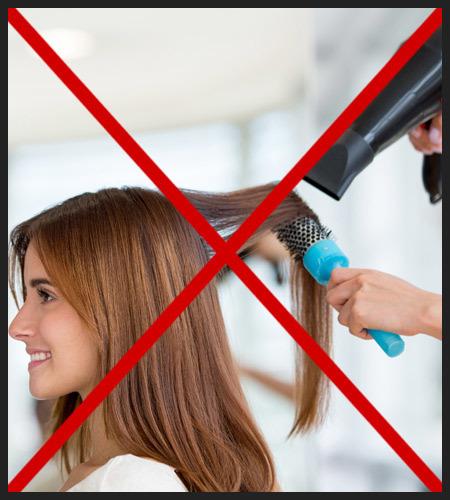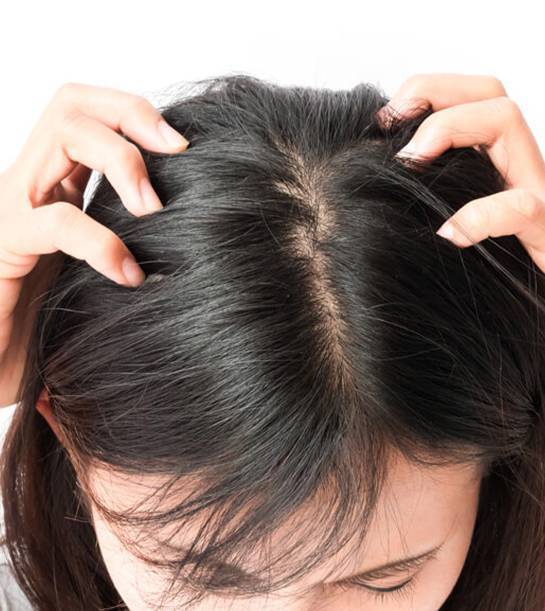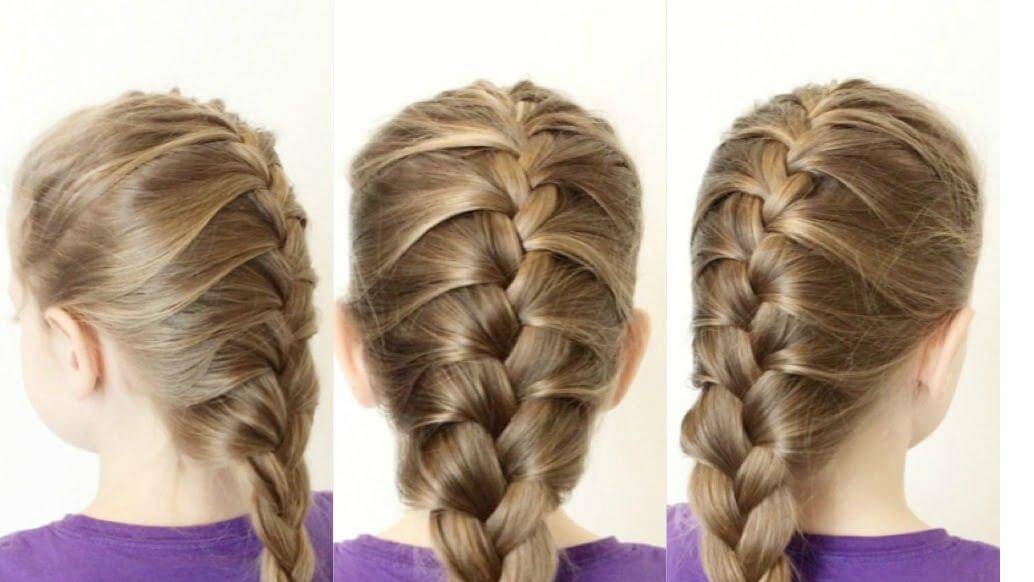Check for underlying issues:
To prevent hair fall, it's important to first identify and address any underlying causes. Take a closer look at your scalp health and identify potential factors contributing to hair fall.
Practice gentle combing:
Avoid aggressive brushing or combing of your hair, as it can lead to hair breakage and increased hair fall. Use a wide-toothed comb or a brush with soft bristles to detangle your hair gently.
Maintain a balanced diet:
Ensure that you have a well-balanced diet rich in essential nutrients like vitamins, minerals, and proteins. Include foods such as leafy greens, fruits, lean meats, and nuts, which promote healthy hair growth.
Avoid excessive heat and styling:
Overexposure to heat from styling tools like straighteners, curlers, and blow dryers can weaken the hair shaft, leading to hair fall. Minimize the use of heat-based styling tools and opt for heat-free hairstyles whenever possible.
Keep your scalp clean:
Maintain a clean scalp by regularly washing your hair with a mild shampoo. It helps to remove dirt, excess oil, and product buildup, which can clog the hair follicles and contribute to hair fall.
Handle wet hair with care:
Wet hair is more susceptible to breakage, so avoid rough towel drying or vigorous rubbing. Instead, gently pat your hair dry with a soft towel or allow it to air dry naturally.
Avoid tight hairstyles:
Tight hairstyles like ponytails, braids, or buns can exert excessive tension on the hair, leading to hair fall. Opt for loose hairstyles that don't pull or strain the hair follicles.
Manage stress levels:
High stress levels can contribute to hair fall. Practice stress-management techniques such as regular exercise, meditation, deep breathing exercises, or engaging in activities you enjoy to reduce stress levels.
Protect hair from environmental damage:
Shield your hair from harsh environmental factors such as excessive sun exposure, pollution, and chlorine from swimming pools. Wear a hat or use a scarf to protect your hair when exposed to such elements.
Consult a professional:
If you're experiencing persistent or severe hair fall, it's advisable to seek guidance from a dermatologist or a trichologist. They can help identify the underlying cause and provide personalized recommendations to address your hair fall concerns.
Remember, everyone's hair is unique, and finding the right approach to address hair fall may require some trial and error. Patience and consistency with healthy hair care practices will help promote healthier and stronger hair over time.
